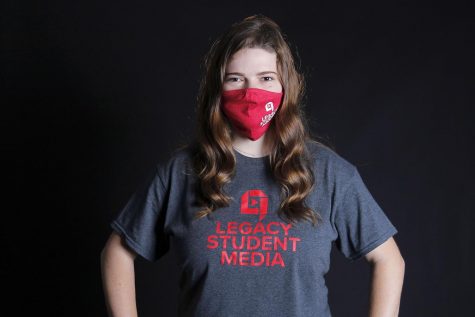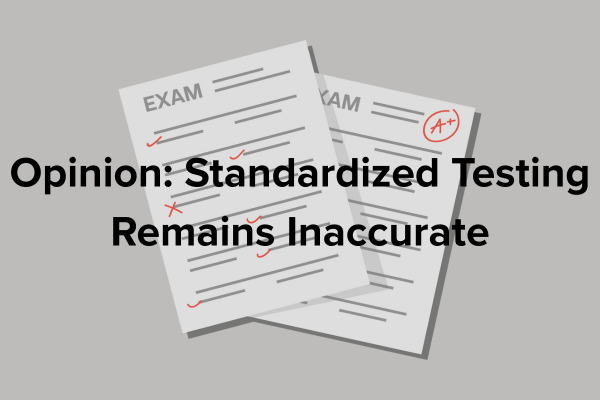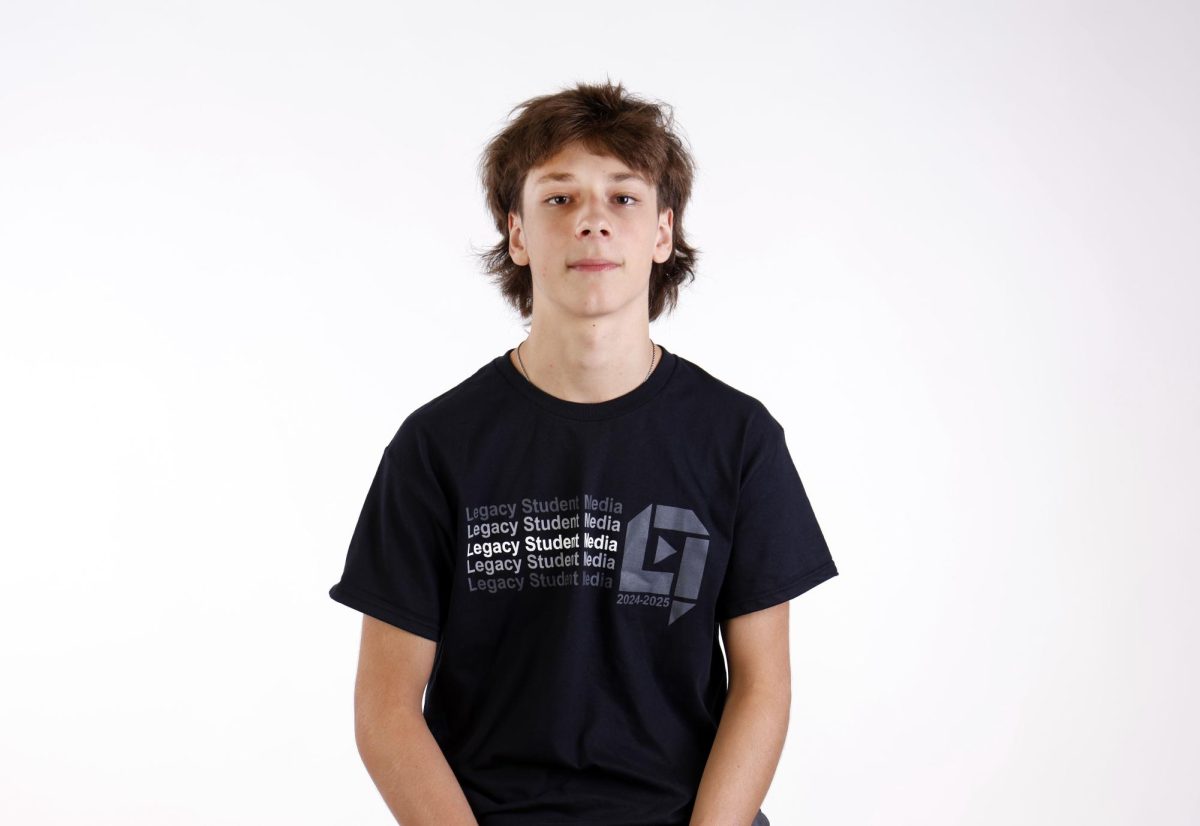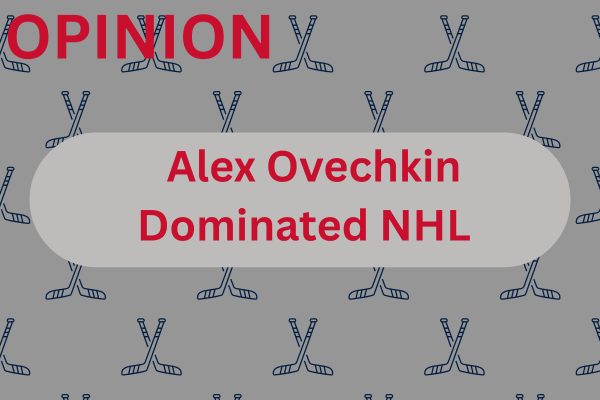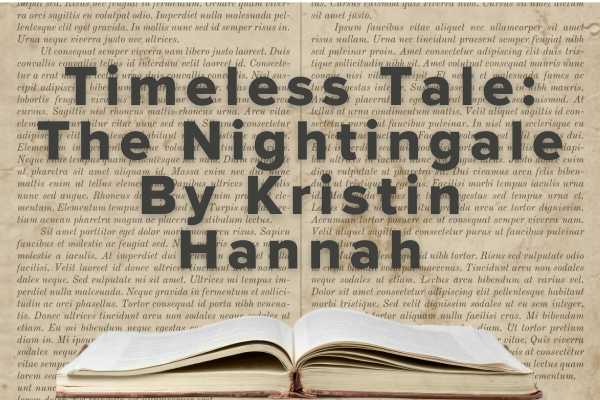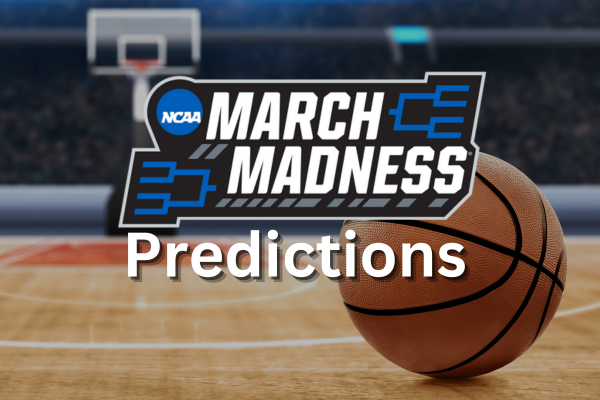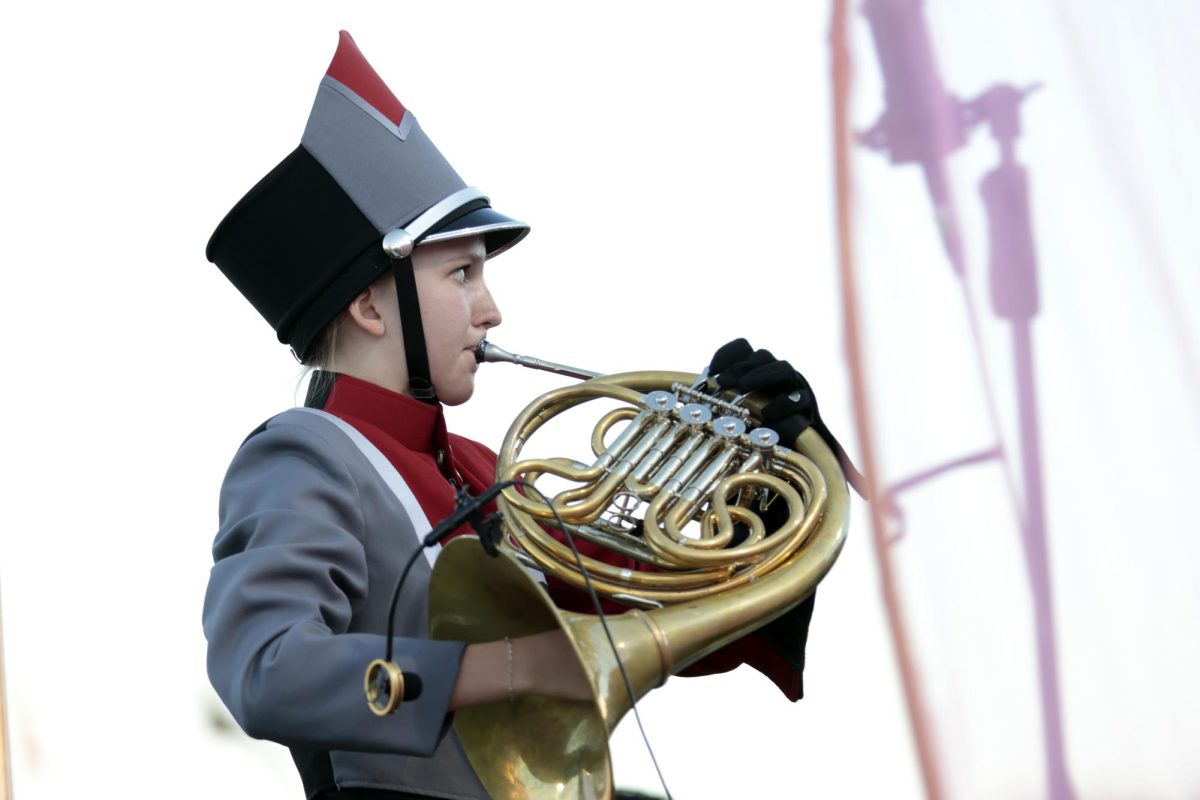
As the school year comes to a close, academic competitors stand as bystanders to multiple sports seasons and school events, all while academic competitions were reduced or canceled throughout the year. The accommodations made for sports to continue their seasons left little consideration of academic students and grew the double standard of recognition given to athletics and academia. The opportunity gap for students on various paths should be addressed and aim to give students the same opportunities to compete and gain recognition, regardless of what extracurricular they choose.
When the COVID-19 pandemic broke news in 2020, classes faced abrupt stops, sports and academic competitions. Canceled sports seasons received people’s immediate condolences to the seniors that lost their last chance to play. However, the loss of opportunity for students in events like the speech and debate and academic UIL competition, theater and others were not considered – like sports, these are events students prepare for their entire year. The loss of the competition meant many students did not receive the opportunity to advance throughout the UIL meets and earn scholarships and recognition for their hard work.
As the new school year approached, teams started their practice to prepare for their seasons with minimal change to the program. On the other hand, camps and workshops for academic competitors faced cancellations and students left dumbfounded with what would come of the events they planned for the year. Students who participated and competed in an online format for the entirety of the year did not receive the same recognition of their prosperity throughout the adversity. While these students sat in rooms at computers or did not even compete at all, the athletics department continued on as sports progressed from one season to the next.
While these injustices occurred under the conditions of the pandemic, it does not negate the situational double standard. After the added effort to bring back sports for athletes this year, academic students did not experience the same treatment to alleviate the stress of competitions. In consideration of the pandemic, more reasonable options to allow these academic competitions to continue than for sports seasons to occur could have been taken. In retrospect, an Acadec competition or speech contest has little difference from the regular school day. Academic competitions could have experienced precautions of social distancing and face masks to prevent the spreading of germs, as well as fewer people involved and little to no spectator exposure, in comparison to entire sports teams in close proximity. Alas, the academic competitions remained the easiest opportunity for officials to push to the side and make alternate or non-existent formats.
If minimal participation must continue for upcoming school years, academic events should receive the same opportunity to compete as sports do. Students should receive equal chances for competition amongst their peers. While this can be seen as a result of the pandemic and an experimental year with every activity, this can also be seen as an opportunity to resolve the double standard of academia and athletics that students have experienced for far too long. Future generations should not have to face the double standard athletic competitors experienced this year.



